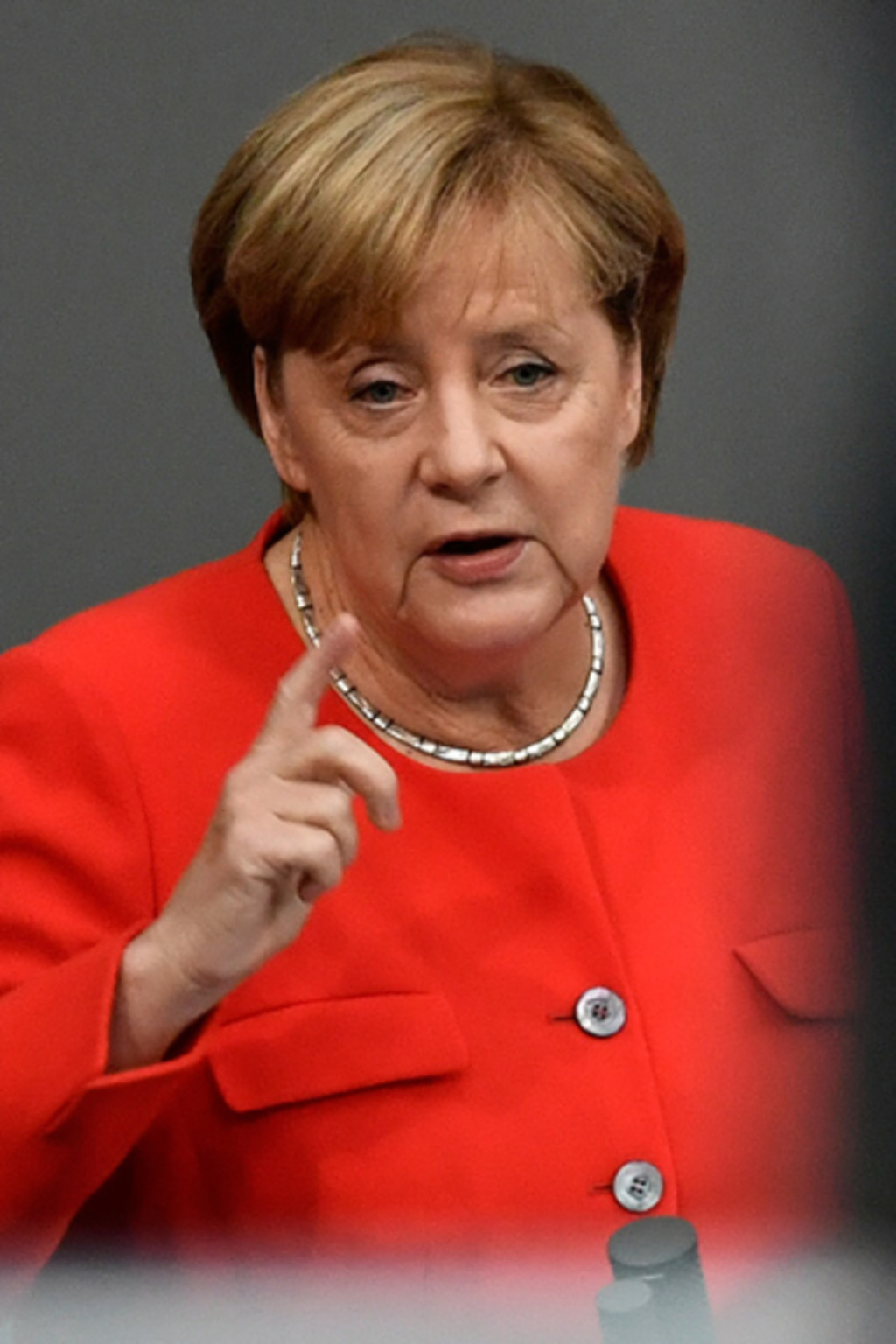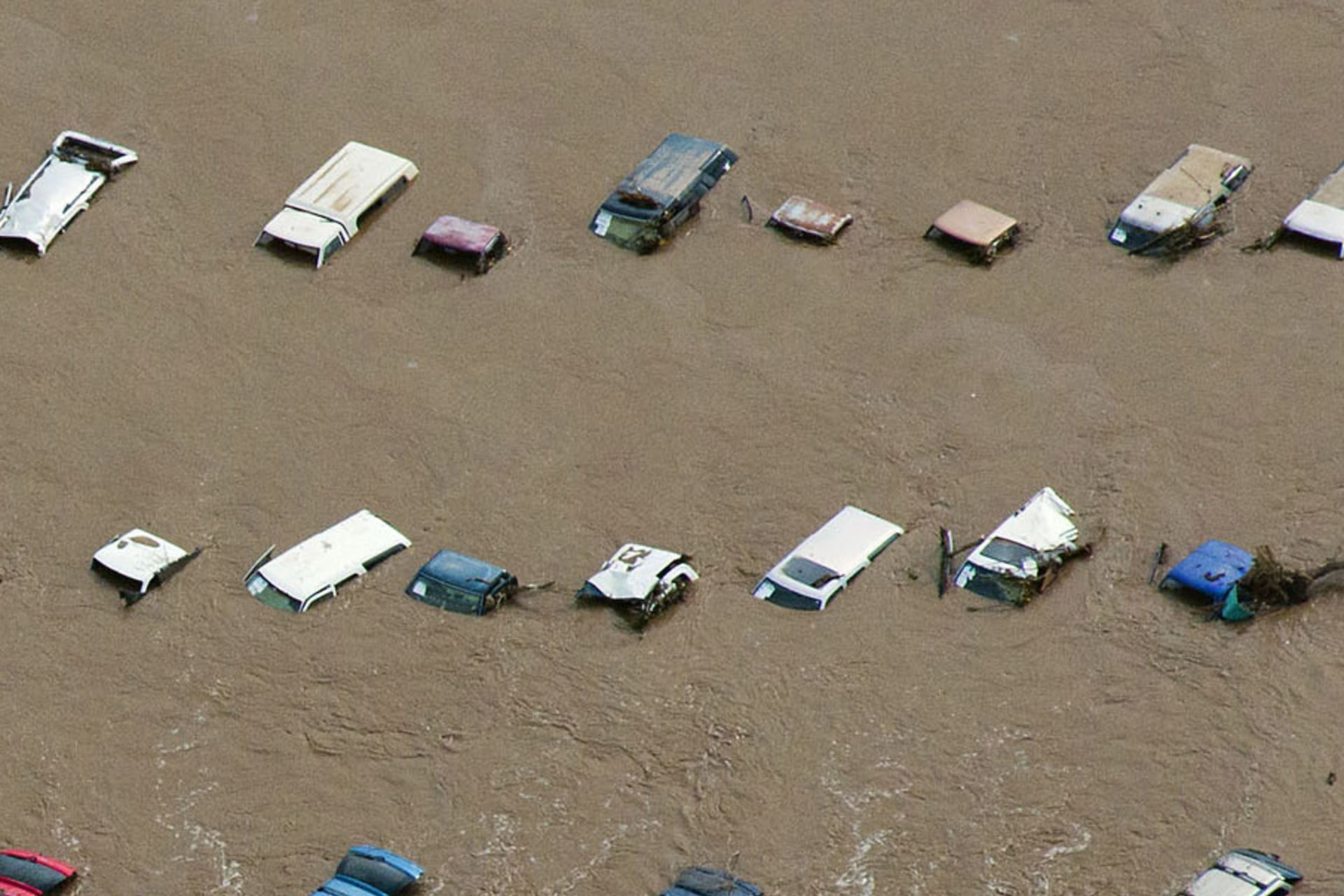
What’s at Stake in the German Elections?
Published
Updated
Germany’s elections will determine whether Chancellor Angela Merkel remains in power, with ramifications for the migration crisis, the future of the European Union, and U.S.-German relations.
This publication is now archived.
Introduction
The German federal elections on September 24 will be watched intensely across a continent that has been buffeted by political drama in the past eighteen months. The elections will determine the makeup of the Bundestag, the nation’s lower house of parliament, as well as the fate of Chancellor Angela Merkel, who since 2005 has emerged as one of the world’s most influential leaders.
Merkel appears well positioned to continue serving as Chancellor. However, a number of smaller parties have been gaining ground due to voter concern over immigration and security issues, which is likely to further splinter the Bundestag and make coalition-forming more unpredictable. As a dominant member of the European Union, Germany will continue to shape the continent’s response to the migration crisis, Brexit negotiations, monetary and fiscal integration, and Russian assertiveness on Europe’s periphery.
Who are the major candidates?
Polling has shown Merkel’s grouping, the center-right alliance of the Christian Democratic Union and the Christian Social Union (CDU/CSU), holds a lead of nearly fifteen points over the Social Democratic Party (SPD), a center-left party led by former European Parliament President Martin Schulz. Merkel is governing in a so-called grand coalition with the SPD, which came in second in the 2013 federal elections.
The AfD, a right-wing populist party, is seeking to enter parliament for the first time since its founding in 2013.
However, the SPD leadership has opposed joining another grand coalition, arguing that parties of the left should unite to push back on rising right-wing populism. Although another such coalition is a possibility, this trend increases the likelihood that Merkel would have to look to an alliance with one of the smaller parties to achieve a majority. The rising popularity of smaller parties, including some on the radical fringes, means that several parties currently not in the Bundestag are likely to achieve the more than 5 percent of the vote that will allow them to enter parliament. There are four parties polling between 5 and 10 percent:
- Die Linke (“The Left”) is a far-left successor to Germany’s communist party, which holds sixty-four seats in the Bundestag.
- The Green Party is a left-wing environmentalist party which holds sixty-three seats.
- The Free Democratic Party (FDP) is a free-market, pro-business party led by the charismatic Christian Lindner. The FDP served as Merkel’s coalition partner between 2009 and 2013, but failed to win any seats in the 2013 elections.
- Alternative for Germany (AfD), a right-wing populist party, is seeking to enter parliament for the first time since its founding in 2013. The AfD has based its campaign on an anti-immigration and anti-EU message, but has been beset by internal divisions which caused its most visible leader, Frauke Petry, to withdraw from standing in the 2017 elections.
What kind of coalition is likely?
Merkel has ruled out allowing either the AfD or Die Linke to join her government, leaving many observers to conclude the most likely coalition would involve the CDU/CSU, Lindner’s FDP, and depending on vote totals, potentially the Greens as well. In the event that Schulz is given the opportunity to form a government, analysts say he would likely look to a left-wing coalition with Die Linke and the Greens, rather than another grand coalition with Merkel.
What’s at stake for the rest of Europe?
Over the past two years, the Brexit vote in the United Kingdom, the electoral strength of the right-wing National Front in France, and rising radical and Euroskeptic movements across Europe have all signaled growing voter discontent with European migration policy and the pace of EU integration. At the same time, some experts say this political tumult has slowed the rising populist tide. Policymakers in Berlin have been at the center of these contentious debates over the future of Europe. Given Germany’s outsized role in the European Union, and Merkel’s often controversial tenure, the election result could have serious ramifications across the continent:
- Migration and border policy has been one of Merkel’s most defining issues, since the massive influx of asylum seekers from Syria and elsewhere began in 2015. Merkel’s decision to open Germany to more than a million migrants contributed to the rise of the AfD, which calls for closing Germany’s borders and criticizes the European Union’s borderless Schengen policy. But analysts say that Merkel’s 2016 deal with Turkey to slow the migrant flow has reduced the temperature of the issue among German voters. The other non-AfD parties generally approve of Germany’s open-door policy, but have different approaches on how to encourage other EU states to take a greater share of migrants and refugees.
- A related area of concern is European defense policy. Merkel has pushed for greater EU defense cooperation, something which the United Kingdom in particular questioned before it decided to leave the bloc. The SPD and the FDP want to go even further, toward a single EU army. While Merkel has pledged to boost military spending to levels required by the North Atlantic Treaty Organization (NATO), that position has been heavily criticized by Schulz as well as the anti-militarist Greens and Die Linke.
- The future of EU integration has divided Germany’s political parties. All except the AfD are pro-EU, but they differ on the pace and depth of integration. While the SPD’s Schulz supports an ambitious shift toward greater integration, including the creation of a European finance minister and the issuance of continent-wide “Eurobonds,” Merkel’s conservatives want more gradual changes. Meanwhile, FDP leader Lindner is more skeptical of EU integration, and has proposed giving crisis-wracked Greece debt relief—a highly controversial position among German voters—in tandem with a Greek exit from the euro common currency area.
- Both Merkel and Schulz have agreed that EU accession talks with Turkey should be ended in the wake of a worsening human rights situation there, though Merkel has had to balance her criticism of Turkish President Recep Tayyip Erdogan with the need to maintain Turkey’s support for her migration deal.
- Most major parties are united regarding Brexit negotiations with the UK, holding that London should not be able to “cherry pick” which aspects of the European Union it wants to keep. (Some in the AfD celebrated the Brexit vote as a blow to the union, though the party says it does not necessarily want Germany to leave the bloc. Rather, it rejects further integration, which it sees as harming German sovereignty, and opposes the euro currency.)
How could the outcome influence the rest of Germany’s foreign policy?
Merkel has drawn fire from her challengers over several other areas of foreign policy. One is Russia policy, in which Merkel’s hard line against President Vladimir Putin’s annexation of Crimea and military intervention in Donbass has bolstered a united European front against Russia. While Merkel has compared the Crimean annexation to the Cold War division of Germany, the SPD wants better relations with Moscow and supports lifting some sanctions on Russia. The FDP’s Lindner said he would accept the annexation as part of a long-term solution to the Ukrainian conflict.
Some experts say the international political volatility of the past year strengthened Merkel’s appeal as a steady hand.
Both Die Linke and the AfD oppose Merkel’s stance on Russia, for different reasons. Die Linke, drawing on anti-American and anti-NATO roots, supports an alliance with Russia. The AfD sees better relations with Putin as critical to restricting migration from the Middle East and Central Asia.
Schulz has also sought to undermine Merkel’s popularity by tying her to U.S. President Donald J. Trump, whom she hosted at a July meeting of the Group of 20 nations in Hamburg. Merkel’s relationship with the U.S. president has been rocky, especially after she said in May that Germany could no longer rely on its traditional allies—widely interpreted to mean the United States—and heavily criticized Trump’s decision to withdraw from the Paris Agreement on climate. Schulz says he would stand up to Trump more forcefully, calling him an “irresponsible man,” leading analysts to conclude that a Schulz chancellorship would likely mean a further strained U.S.-Germany relationship.
Meanwhile, some experts say the international political volatility of the past year—from Brexit to Trump’s election to North Korea—has strengthened Merkel’s appeal as a steady hand and weakened the appetite of German voters for populists of both the right and left.
Recommended Resources
The influx of smaller parties into parliament could shape the next government, writes the German Marshall Fund’s Joerg Forbrig in the American Interest.
Merkel’s steady leadership style has strengthened her appeal during a chaotic era, writes Emily Schultheis in the Atlantic.
German voters are disoriented and angry, yet skeptical of populism, says German psychologist Stephan Grunewald in this Der Spiegel interview.
Politico Europe’s Janosch Delcker investigates where each German political party stands on issues of EU policy.t
Colophon
Staff Writers
- James McBride
Additional Reporting
Header image by John MacDougall/Getty Images.





